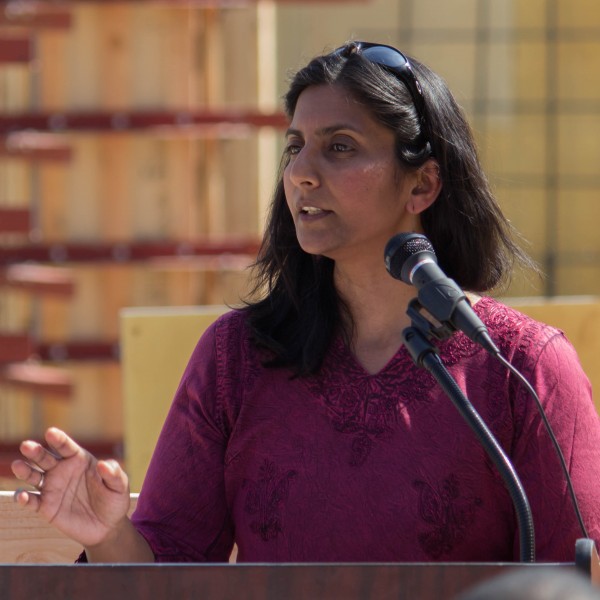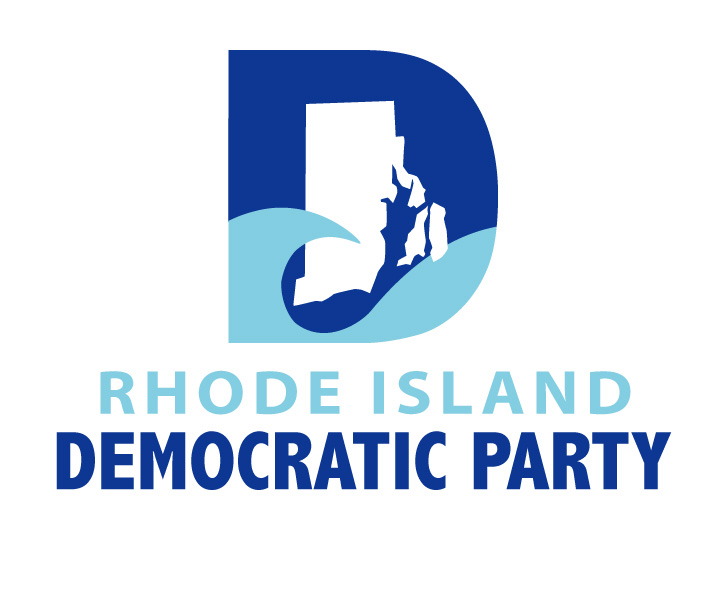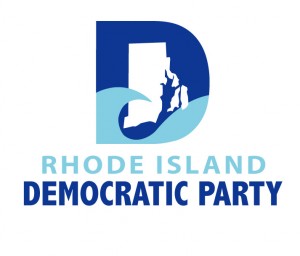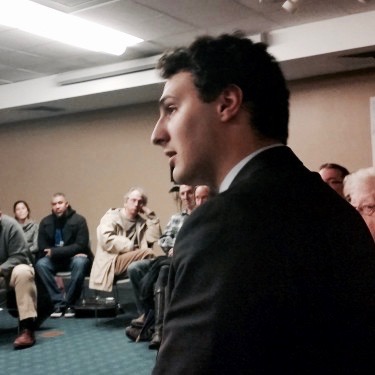
RI state Representative Aaron Regunberg is going to the Democratic National Convention Rules Committee on Saturday with a mission: eliminate “superdelegates” in future elections.
“As I have spoken with fellow members of the Rules Committee about ending superdelegates,” said Regunberg, who is a DNC Rules Committee member, “I have been blown away by the passionate response. It is clear that this is an issue that committee members, delegates, and rank-and-file Democratic Party voters across the country care deeply about. I look forward to the debate beginning in earnest in Philadelphia this Saturday, and to voting on this important issue.”
According to Wikipedia, a superdelegate “is a delegate to the Democratic National Convention who is seated automatically and chooses for whom they want to vote. These Democratic Party superdelegates include distinguished party leaders, and elected officials, including all Democratic members of the House and Senate and sitting Democratic governors. Democratic superdelegates are free to support any candidate for the presidential nomination. This contrasts with convention “pledged” delegates who are selected based on the party primaries and caucuses in each U.S. state, in which voters choose among candidates for the party’s presidential nomination. Because they are free to support anyone they want, superdelegates could potentially swing the results to nominate a presidential candidate who did not receive the majority of votes during the primaries.”
The Rules Committee will meet on Saturday, July 23rd at the Philadelphia Convention Center. If the amendment secures the vote of a majority of the committee it will be sent to the full convention with a recommendation for adoption. If it secures support of just 25 percent of the committee, then a minority report in support of the measure can be offered to the full convention. The amendment already has over 25 percent of the committee signed on as cosponsors.
Fourteen national organizations are supporting the effort, including Center for Popular Democracy, Courage Campaign, Credo, Daily Kos, Demand Progress/Rootstrikers, Democracy for America, MoveOn, National Nurses United, New Democrat Network, The Other 98%, Presente, Progressive Change Campaign Committee, Progressive Democrats of America, and Social Security Works.
“If we want a Democratic Party that leaves Philadelphia next week as fired up as possible,” said Regunberg, “I can think of no better move than to get rid of superdelegates and prove that we are, in fact, committed to democracy and diversity and that we value the will of the people over the interests of the well-connected few.
“These values are not reflected in our current superdelegate structure. Right now, unpledged delegates – party insiders who can vote however they please, regardless of the will of their state’s voters – have as much weight in our nominating process as the pledged delegates from the District of Columbia, 4 territories, and 24 states combined!
“That means that in future contests, they could very well overturn the most important political decision our party’s voters get to make. And even when they don’t end up tipping the balance, the mere existence of superdelegates adds to the perception among many voters that the political system is rigged. Why force any nominee to carry that albatross in the future, when the problem can be so easily resolved?”
<a href=”http://www.patreon.com/steveahlquist” data-moz-open-newtab-ready=”true”><img class=”aligncenter wp-image-44387″ src=”http://www.rifuture.org/wp-content/uploads/Patreon-600×265.png” alt=”Patreon” width=”281″ height=”124″ /></a>

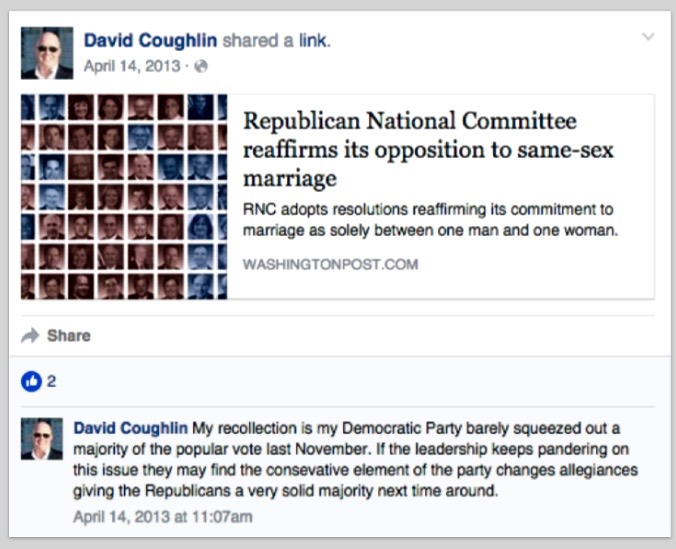
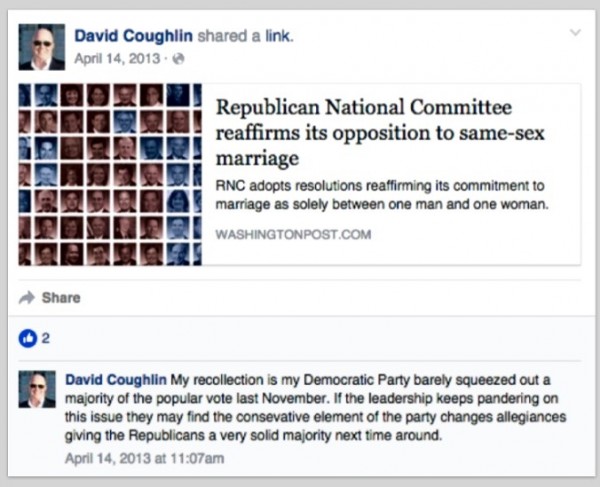

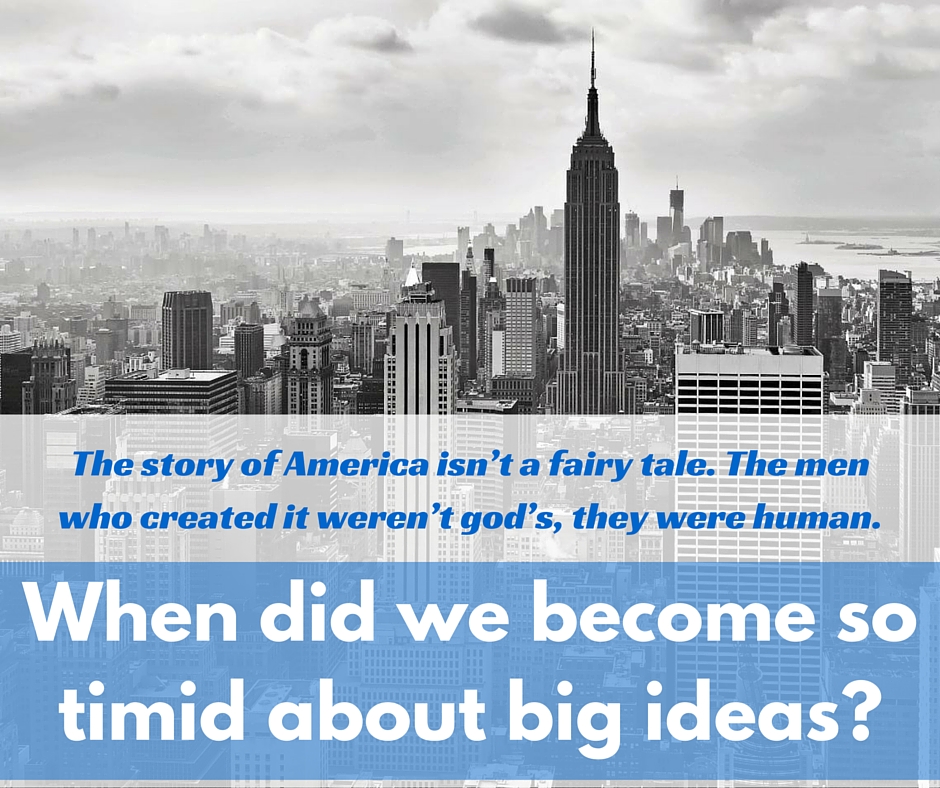

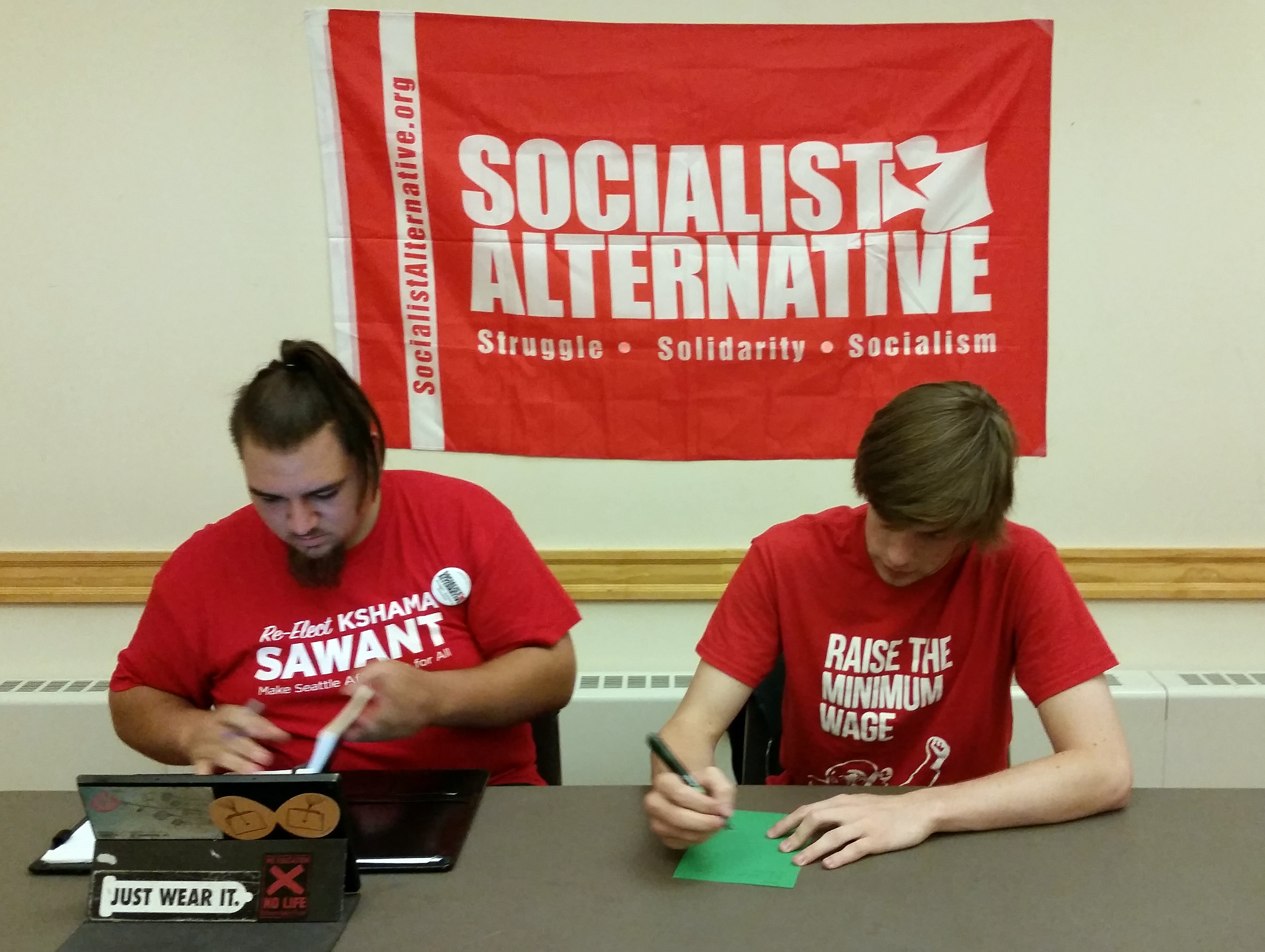
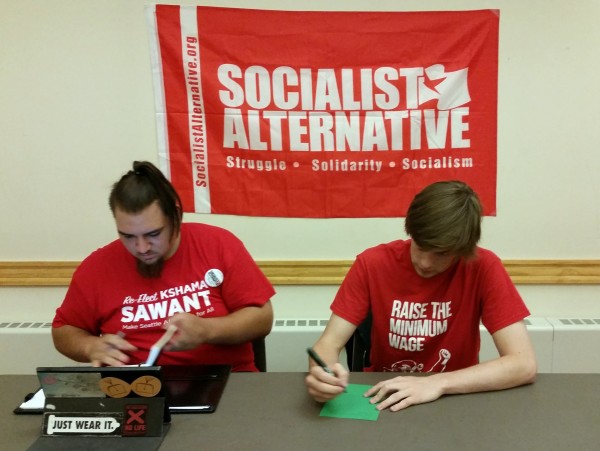
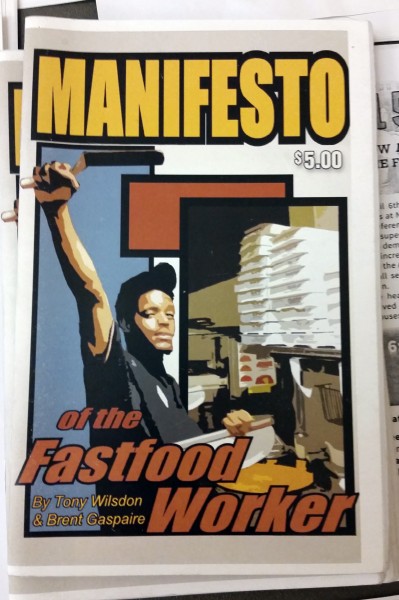 During her first two years in office Sawant has lead the successful fight to raise the minimum wage to $15 in Seattle, fought to stop evictions and institute rent controls with an eye towards affordable housing for all, and helped pass a resolution to change Columbus Day to Indigenous People’s Day.
During her first two years in office Sawant has lead the successful fight to raise the minimum wage to $15 in Seattle, fought to stop evictions and institute rent controls with an eye towards affordable housing for all, and helped pass a resolution to change Columbus Day to Indigenous People’s Day.